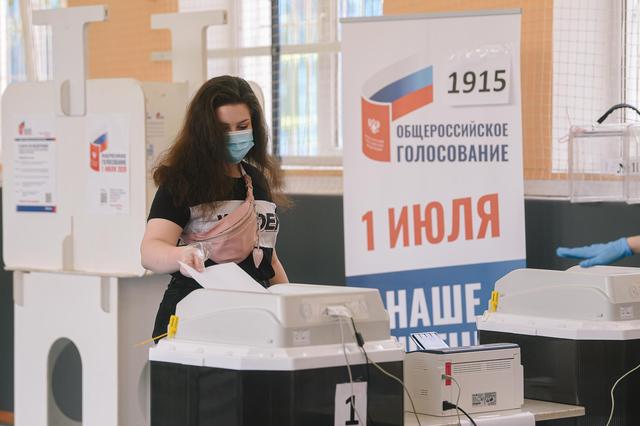Hong Kong Chief Executive Carrie Lam is calling the national security legislation the most important development since the city's return to China.
Lam made the remarks at a reception marking the 23rd anniversary of the return.
Lam says the national security law is a turning point for Hong Kong to end chaos and bring back order.
She reiterates that the legislation is in accordance with the Constitution and Hong Kong's Basic Law.
The new law took effect on Tuesday.
It aims to curb subversive, secessionist and terrorist activities, as well as foreign intervention in Hong Kong affairs.
The Hong Kong Chief Executive is calling on the international community to respect China's right to safeguard national security.
Carrie Lam made the remarks when addressing the UN Human Rights Council via video message.
Lam says escalating violence traumatizing Hong Kong over the past year is jeopardizing national security, as are campaigns by some local politicians for external force to interfere in the city's affairs.
The chief executive also stresses that the legislation will not undermine the "One Country, Two Systems" principle or Hong Kong's high degree of autonomy.
"The law will not affect Hong Kong's renowned judicial independence. It will not affect legitimate rights and freedoms of individuals which are protected under the basic law and relevant international convenants applied to Hong Kong. They include, among others, the freedom of speech, of the press, of assembly, of demonstration and of procession."
She adds that it's groundless for some countries to raise objections over the national security legislation for Hong Kong, since those countries themselves have been enacting similar laws.
The newly launched final satellite of China's Beidou Navigation System has reached a fixed position in its operational orbit.
Liu Yuxiang is an engineer at the Xi'an Satellite Control Center.
He says tests will be carried out on the satellite before it begins to provide services.
Scientists will also monitor the in-orbit work conditions of the satellites to ensure that they operate steadily and smoothly.
BDS is one of the four global navigation satellite systems in the world, along with GPS, Galileo and GLONASS.
One of the top infectious disease experts in the U.S. has warned that coronavirus cases in the country could jump to 100,000 per day.
Dr. Anthony Fauci expressed concern to the senate that four states currently account for 50% of the new infections in the country and that more remain vulnerable.
"I'm very concerned, and I'm not satisfied with what's going on because we're going in the wrong direction, if you look at the curves of the new cases. So we really gotta do something about that and we need to do it quickly. Short answer to your question is clearly we are not in total control right now. "
Fauci and other top administration officials testified on Tuesday before a senate panel examining the administration's response to the coronavirus pandemic.
He also expressed concern that people are congregating in crowds without any face coverings and disregarding the social distancing rules.

Russian President Vladimir Putin has encouraged citizens to participate in a vote on constitutional amendments that would allow him to remain in power until 2036.
Speaking in a televised address, Putin stressed that it's crucial for Russian voices to be heard in this process.
"I will again reiterate my position. It is clear, unchanging and absolutely firm. The revised text of the constitution and all the proposed amendments will only enter into force with your approval and support."
The nationwide vote takes place today, July 1st, although polling stations were opened a week earlier to prevent crowds on voting day.












